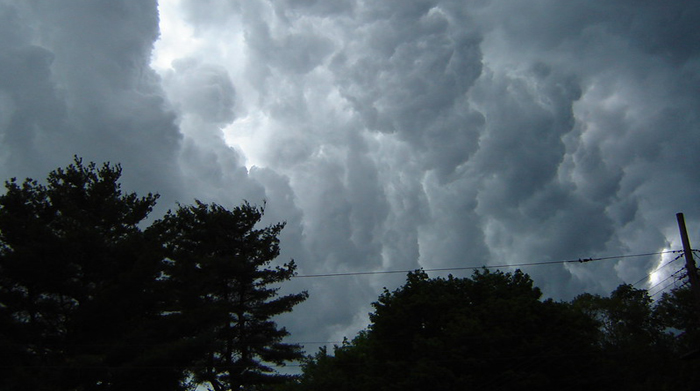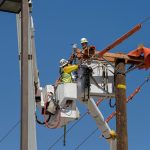Mitigating Severe Weather Via Underground Cables

Image courtesy of wcupmartin6 under Attribution-NonCommercial-NoDerivs 2.0 Generic (CC BY-NC-ND 2.0) License, resized to 700 x 391 pixels.
A new research study concludes that the utilization of underground cables would dramatically reduce the impact of severe weather. The study, conducted by scientists from Princeton University and Huazhong University and published in Nature in July 2022, factored in historical data as well as predictions around the future impact of climate change.
The Case for Undergrounding to Reduce the Impact of Severe Weather
The July 2022 study homed in on hurricanes and tropical storms as the driving force behind most major outages, and this baseline was then enhanced by incorporating assumptions related to future weather volatility and air temperatures. The result is a prediction of future outages.
One example from the study is Harris, Texas. According to the study, the percentage of residents experiencing at least 1 blackout lasting 5 days or more will increase from 0.8% today to a whopping 18.2% in about 75 years.
The best solution for combating severe weather, according to the study’s authors, is to bury electric lines. While I agree that undergrounding power lines would improve reliability dramatically, it is cost prohibitive. So much so, that I’m not sure exactly how viable of a solution it is. I can see utilities burying as much of their infrastructure as possible, but the question is – how much or what percentage of the service territory can be buried?
Well, the study has an answer for that too! The scientists looked at 3 different undergrounding models and concluded that the optimal solution would be to “protect a small portion of wires close to the root nodes of the distribution networks.” In other words, maximize bang for the buck.
Aside from its somewhat obvious conclusion, the study is interesting, and the researchers’ approach to the analysis was educational. Severe weather is likely going to increase in both frequency and severity in the decades to come, so the more studies published like this, in theory, the better off utility emergency planners will be overall. At least, that would be the hope.



